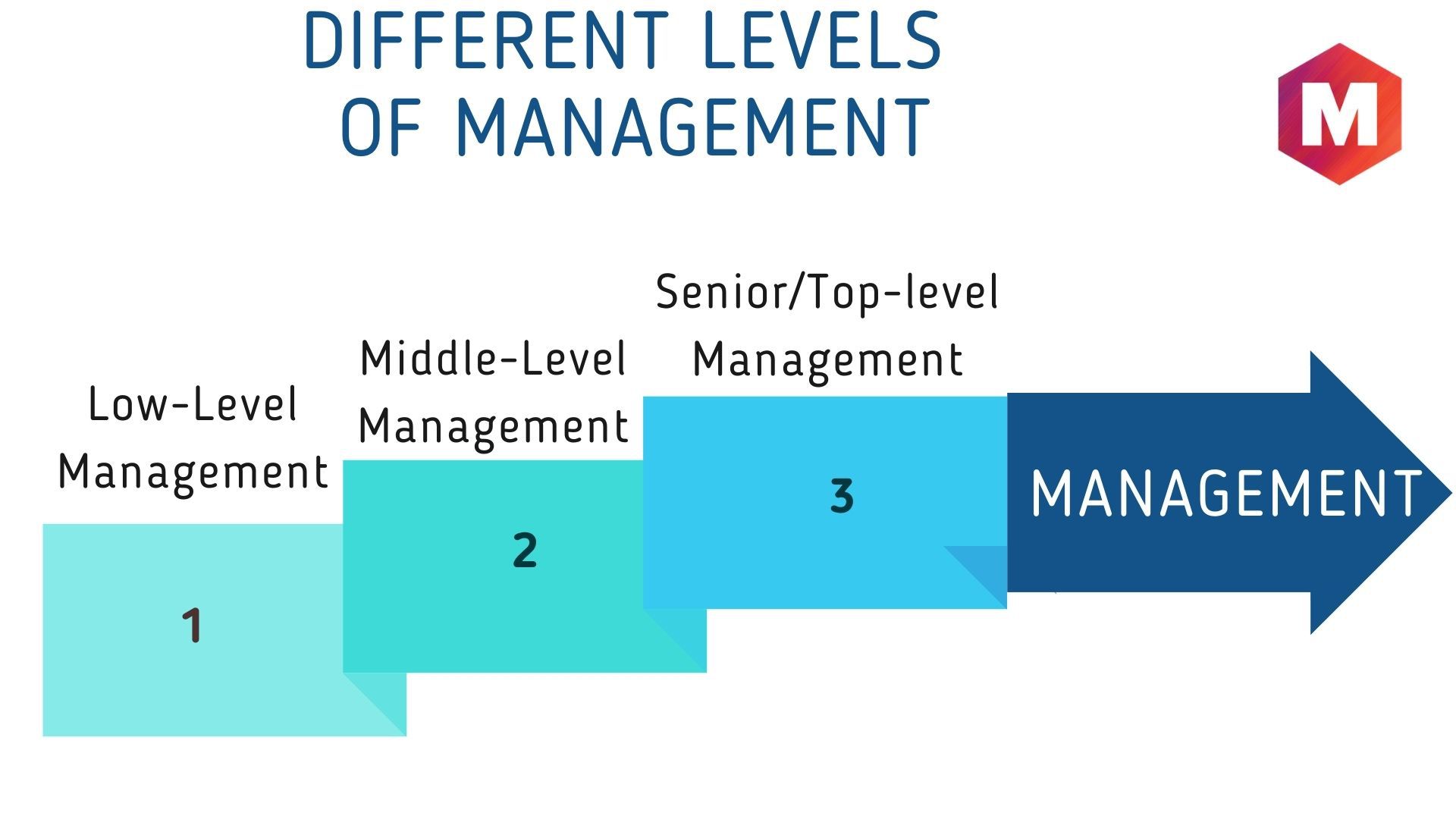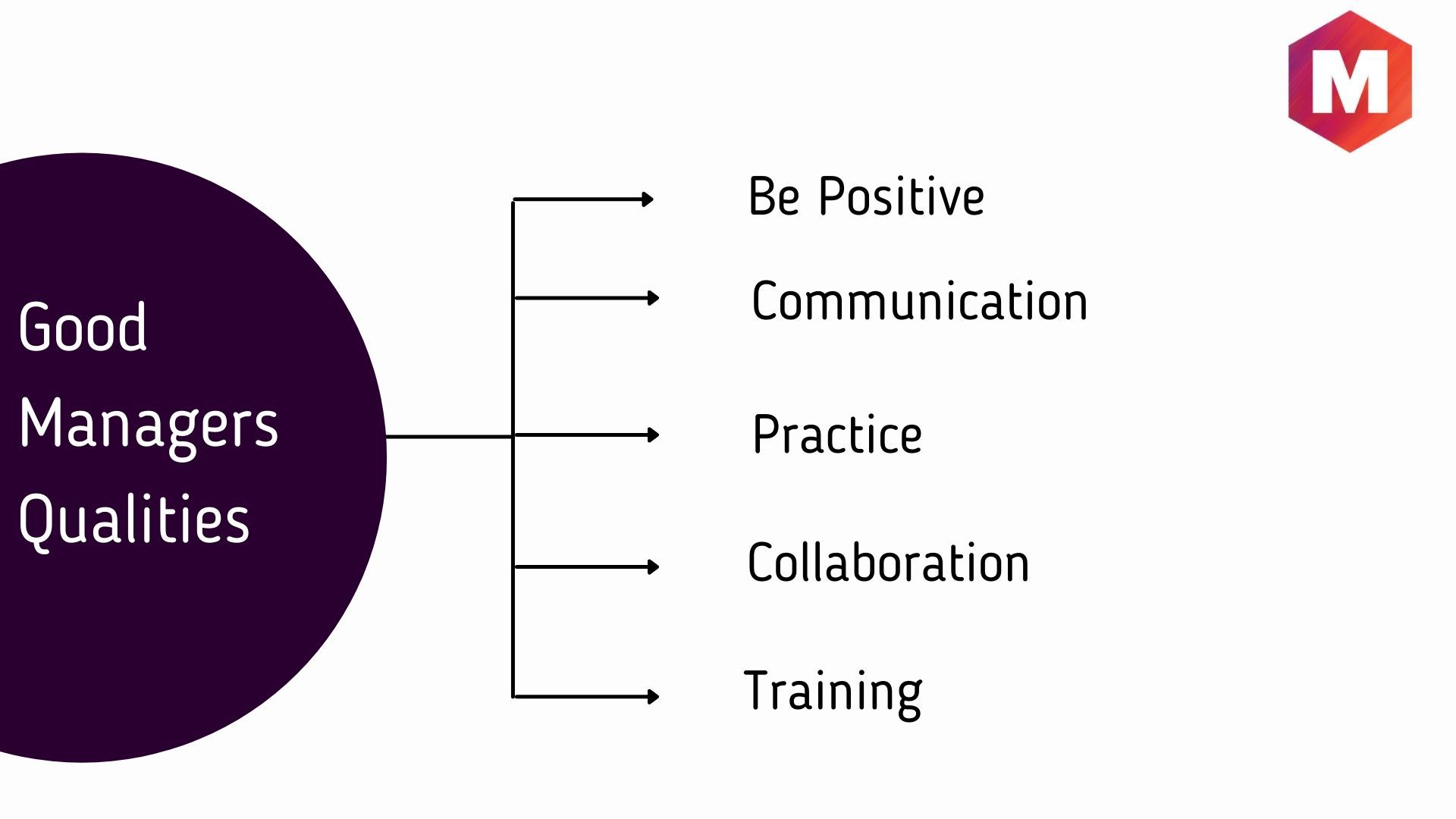Table of Contents
What is Management?
Definition: Management is a process that administers and controls all the different affairs and functions of an organization to accomplish a business or specific goal.
Managerial activities are responsible for setting the strategy of an organization, implementing those strategies, and synchronizing the efforts of all the associated members (using all the available resources) to achieve a business objective.
Management is referred to the administration in an organization to coordinate tasks to reach set goals quite efficiently and effectively. The primary function is to create an environment for the members to work towards desired objectives within certain parameters.
An efficient management system ensures the organization excels in its objectives.
Each organization has its management that performs different duties and tasks. There is no universal management definition, as each industry and workplace differ in its objectives. But there are some similarities in the management system that stands out.
Various aspects make management the most effective and efficient management. It is important that the management understands its duties and performs them accordingly.
Now, after being aware of the definition of management, let us have a look at its key features
Features of Management
What makes management the root of every organization?
The answer is hidden in different features that successful management incorporates to make decisions that are result-driven and empowering. Let us have a look at the features of a management system-
1. Universal
All organizations, small or big, profit or non-profit, require a management team to overlook all the functions. Hence it is right to say management is universal.
2. Multi-dimensional
The usages of management are not restricted to coordinating with people. There are various other duties that the management of any organization fulfils including but not limited to planning, decision making, leading, and even motivating.
3. Goal-oriented
All organizations work towards achieving some pre-set goals. The management authorizes the process and leads the company towards achieving set goals. The management ensures the smooth functioning of the organization.
4. Group Activity
It is the members that make an organization. All members are distinct and have their motive of joining, but when under an umbrella of the same organization, people must function according to the organization’s need towards achieving the required goal. It is the management that ensures its members work efficiently with supervision, coordination, and teamwork.
5. Continuous Process
The management cannot be discarded after achieving a particular goal. It continues to exist till the organization is up and functioning. The duties performed by the management make it such an integral entity that cannot be eliminated.
6. Intangible Force
As the word suggests, intangible means without a physical presence. Something that cannot be seen or touched but exists. Management is not a physical being rather is a way an organization works.
7. Dynamic function
Various factors impact organizations- social, legal, political, economic, and technological. These factors can affect the growth of an organization because of the slightest of a change. The management ensures that all these factors are well balanced by making different strategies and plans.
These basic features of management are more or less universal. In the end, it depends on the type of organization. Each suits its own!
The next key thing that empowers a management system to work efficiently and effectively is the level of management, so let us delve into that here and now-
What are the Different Levels of Management?
1. Low-Level Management
It is the lowest level of management. The main function of low-level management includes interacting with workers. It helps motivate and reduce time wastage of the workers. It manages the everyday work of employees and directs them towards reaching the desired goals.
This management deals with the day-to-day supervision of employees and plan career for the team. This management is also in charge of giving and handling the feedback system of the employees. This management deals with the quality and quantity of work.
2. Middle-Level Management
This management level is the communication channel between the top and the low management level. The work is overlooked by senior-level management.
This department’s main duty is to communicate information and duties from the higher level of management to the lower level. The answer to the top executives. The usual designation of the middle-level management includes- regional managers, department managers, and branch managers. They guide the policies and decisions of lower-level management.
3. Senior/Top-level Management
It is the highest level of management. Includes the chief executives, president, vice-president, and board of directors. The Senior management in charge of deciding the important goals and prioritizes the overall development of the organization.
This management function at the highest level and decide the overall policies of the organization. They overlook the functioning of all the other levels of management. The highest level of management is also liable for more press attention.
Functions of Management
The functions of management are complex. There aren’t any set rules to follow to leat management work efficiently and effectively.
Hence each management in an organization must perform functions according to the specific need. The following are the main functions carried out by the new management of an organization:-
1. Setting objectives
This is the primary job of management. This provides the workers with a target to adhere to.
The important factor is that the management should convey the duties in an impressionable manner so that the employees work accordingly.
In simple words, it is to decide what to do in the future.
2. Organizing
The management must assign tasks and make sure that the employees adhere to them. Good management maintains good interpersonal relations with the employee.
Working in harmony is essential for growth and management ensures that. Harmony among employees is essential for productive output in any organization and management ensures that.
The management must enhance the performance of its employees by implementing measures and guiding.
3. Motivating
Apart from providing set tasks, the management is also responsible for motivating the employees in achieving those goals.
Different employee motivation techniques are incorporated by managers to engage, motivate and retain employees/staff.
4. Staffing
This is one of the important jobs of management. It is important that the right people are hired to accomplish said tasks.
Hence the management looks after hiring people. The management is aware of the vacancies and knows what people to hire to maximize profit.
5. Controlling
This is considered an important function as it ensures that people work according to the organization’s plan.
They are responsible for setting performance standards as compared to the existing standard of output. If the employees lack in reaching these standards, the management must look after that.
These are the functions of management. They are expected to perform in an organization. While these functions are important, the work of management differs from organization to organization.
What are the Management Styles?
There is no universal style for management, and it depends on the organization and its size. Despite various claims, there is no perfect style of management. Three types of positive management might aid management in their functions.
1. Democratic management style
As the name suggests this style of management involves team members in decision making. Such kind of open communication allows the management to have clear communication between the employees and the management. It helps management understand the skills and strengths of the employees.
Such an open forum helps the management get better and innovative ideas. One of the disadvantages of this type of management is that the employees might give unimportant and unrelated ideas. This might hamper the process of decision-making.
2. Persuasive Management Style
This is a management style where persuasion is used a the basic trick more than instructing or demanding. It requires the management to be well in contact with the employees. In this type of management, the managers are involved in the day-to-day work of the employees.
3. Laissez-faire Management
This type of management goes by the approach of being a mentor more than a manager. The employees are taught to make the step-to-step decision and are assisted thoroughly. This gives the employees some sort of confidence, assuring them that they can lead a project.
This kind of leadership thrives by giving their employees creative lead and control over various projects.
What Qualities Make Good Managers?
There are various skills at the management level that decide how an organization performs. Hence the managers must incorporate these qualities for the betterment of the organization. Here are the skills successful managers should have:-
1. Be Positive
Often, a manager needs to be the driving force behind productive work in an organization. A manager should be able to bring positivity in the workplace to motivate other employees. This is a tough yet essential skill.
2. Communication
It is one of the most basic skills a manager must possess. The manager must be clear on what the organization requires out of its employees for the latter to work efficiently.
3. Practice
With practice comes perfection. It is essential for a manager to have a real-life experience of the field and how it functions to carry out the company responsibilities efficiently.
4. Collaboration
While a position in management gives an upper edge, it is important to understand that collaboration with the employees helps accomplish goals. It helps the manager to understand the contribution required at the base level of the organization.
5. Training
One of the major duties of the management is to assess the team and figure out if any improvement is needed. Training helps in the improvement of skills and performance of employees. It is essential that the manager understands the skills of an employee and suggests training if required.
Conclusion
Management is one of the base roots of an organization and is essential for its smooth functioning.
Without management, an organization will be lost and will not be able to perform its day-to-day activities. That is why managers are pivotal in ensuring the success of any organization.
Now, it is your turn to share your management definition with us in the comment section.
Do you have any confusion about management definition? Ask M91 experts to get personalized tips.
Liked this post? Check out the complete series on Management


great